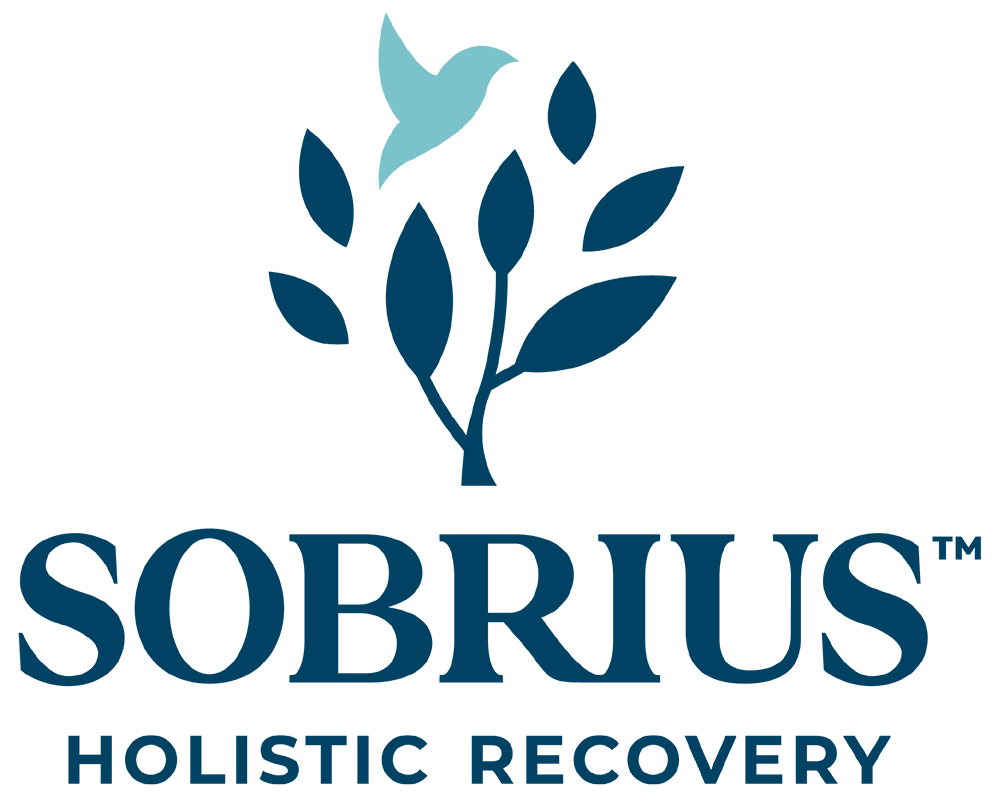Opioids are an effective form of pain medication that comes with a high rate of addiction and abuse. In the U.S., nearly 13 million people are prescribed opioids for pain relief, and that number continues to grow each year.1 If you suspect a friend or loved one is abusing opioids, there are many signs of opioid addiction that point to a concerning problem that must be addressed before causing permanent harm.
Sobrius welcomes residents from Virginia, North Carolina and beyond who are searching for an opioid addiction treatment program. Our team has experience treating all types of addiction, including prescription opioids, heroin, fentanyl, and other drug addictions. We combine cognitive-behavioral therapy with holistic therapies and medication to treat the physical and psychological aspects of the disorder. Each personalized treatment program considers the client’s background and family history, personal relationships, and other life experiences.
If you or a loved one is struggling with an opioid addiction, help is available today. Call 888.596.6514 to schedule a consultation and take that first step toward a sober life.
Symptoms of Opioid Addiction
Opioids are a natural pain reliever derived from the Poppy plant, Papaver somniferum. Natural and synthetic opioids help people with severe and chronic pain and create a calming, euphoric state. They are safe to take for treating pain as long as you stick to the prescribed amount and don’t take them with alcohol or other opioids, cannabis, or other drugs.
Unfortunately, this is precisely what many people do. They take more than prescribed or with a glass of wine or other mind-altering substance to experience a more intense euphoric response. What they don’t realize is the more they do this, the more their bodies will crave the same heightened effects, making a regular dose feel ineffective.
If you or a loved one is taking opioids, you should be familiar with the common symptoms of opioid addiction. These include:
- Having to take more to feel the same effects.
- Experiencing withdrawals and cravings for more opioids.
- Takes opioids as a precaution for pain, even if they are not currently in pain.
- Taking more than prescribed.
- They lie about their pain levels so they can continue taking more opioids.
- They start taking illegal opioids if they can no longer fill the prescription.
Sobrius treats Virginians who have an opioid use disorder and are ready to make a positive change in their lives. Our therapists have experience treating prescription and illegal opioid abuse and will develop a comprehensive program based on your individual symptoms and the severity of the addiction.
5 Signs of Opioid Addiction
Recognizing when a friend or loved one is abusing opioids can be a bit tricky if you don’t know what to look for. Some people will go to great lengths to hide the abuse, including lying about their drug use and hiding other opioid prescriptions.
If you recognize any of the following five signs of opioid addiction in a friend or loved one, help is available through an accredited addiction treatment program:
1. Physical Signs of Opioid Addiction
Opioid abuse can cause severe physical reactions depending on the amount taken and type. Common physical signs include pinpoint or constricted pupils, shallow breathing, slurred speech, and constipation. Those who abuse heroin and inject it directly into the bloodstream will have needle marks and track lines on their arms, legs, or in between fingers and toes.
2. Behavioral Signs
Addiction will affect a person’s behavior, and these signs will become more evident as their cravings increase. Those who abuse opioids will lose interest in favorite activities and begin to act more secretively. They may lie about where they’ve been or when they last took opioids. Other behavioral signs include falling behind at work or school, having trouble keeping up with personal responsibilities, and changes in their social circles.
3. Psychological Signs
Opioid addiction will also affect a person’s mental health. Common mental health disorders associated with opioid addiction include depression, anxiety, and antisocial personality disorder.
4. Opioid Withdrawal Signs
Those who abuse opioids for a long period and then stop will experience a number of opioid withdrawal symptoms. These can include insomnia, muscle and bone pain, diarrhea, cold flashes, involuntary leg movements, and intense cravings for more opioids.
5. Other Signs of Opioid Addiction
Opioid abuse can be very destructive to someone’s well-being and livelihood. Financial problems are common with drug addiction, as are relationship troubles, homelessness, legal issues, developing physical ailments, and a significant drop in their quality of life.
Enroll in Opioid Addiction Treatment Today at Sobrius
Sobrius is a fully accredited addiction treatment center that supports individuals with an opioid use disorder. When you first arrive at our discreet location in southwest Virginia, we will run a full health assessment to develop a comprehensive treatment program based on the severity of the addiction. You will participate in group and private therapy sessions using behavioral and holistic therapies and medication to ease disruptive symptoms.
To enroll in our opioid addiction treatment program today, call 888.596.6514 or use our online contact form to schedule a consultation and tour of our rural treatment center.
Source:

